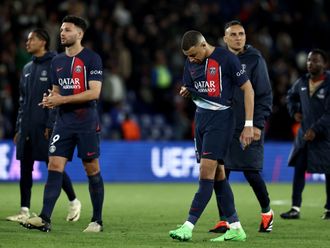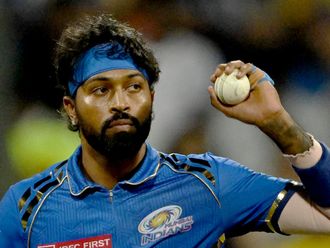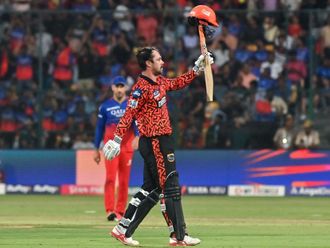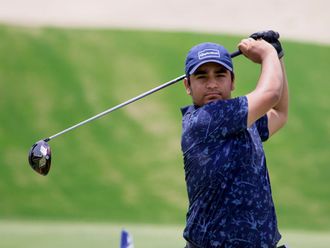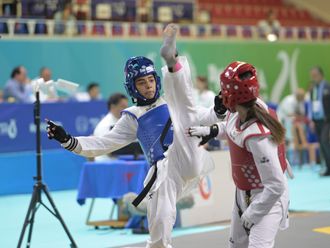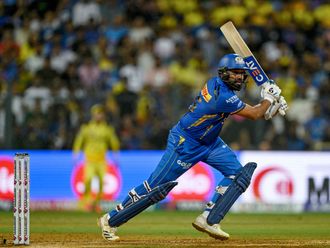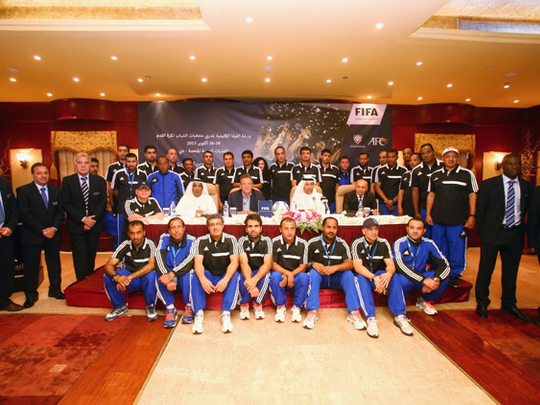
Dubai: The United Arab Emirates hosted Fifa’s regional workshop for youth coaches in western Asia from October 19 to 26 against the backdrop of the Fifa U-17 World Cup UAE 2013.
While no fewer than 36 matches took place in the tournament during the workshop, 33 coaches from the member associations of western Asia made their way to Dubai for the event. Bahrain, Iran, Iraq, Jordan, Kuwait, Lebanon, Oman, Palestine, Qatar, Saudi Arabia, Syria and Yemen all had representatives at the workshop, alongside ten coaches from the UAE. All of them got to attend conferences and theory lessons, before being able to apply those lessons on the pitch.
Fifa Secretary General Jerome Valcke opened the workshop on Saturday, October 19 in the presence of Yousuf Al Sarkal, President of the United Arab Emirates Football Association (UAEFA), Yousuf Abdullah, Secretary General of the UAEFA, Majid Al Abweh, Director of Fifa’s Development Office in western Asia, and technical consultant Nihad Souqar.
In his speech, Valcke addressed the subject of Fifa’s development efforts in western Asia. “We’ve assigned significant funds to the Middle East,” he said. “In addition to that financial help, our efforts have also focused on the training of coaches and officials. We need to pass on our knowledge so that the member associations can continue to develop football.”
The Fifa Secretary General also underlined the excellent reputation football enjoys in the region. “The Middle East is crazy about football and you can’t fail to notice that. Our goal is to use that immense popularity to encourage youngsters to play this sport, at every level.”
Among the 33 representatives in Dubai, Manar Farij was unique in being the only woman present, and the former Jordanian international spoke to Fifa.com about taking part in the event. “This workshop was very useful, even if it didn’t last very long,” she said. “We analysed several U-17 World Cup matches and looked at the standards of the teams and their ways of playing. That should help us improve our own players.”
The young tactician, who obtained her A coaching licence from the AFC at the start of the year, considered her participation alongside her 32 male counterparts as “a challenge, especially as there are several Arab coaches”. she added: “I was able to communicate a number of messages. Western Asian societies need to open up, particularly as women’s football has developed a lot here in recent years.”
Farij believes the growing interest in the women’s game will have a positive impact in the years to come, especially in her home country. “We started developing women’s football in 2005,” she explained. “After our victory in the Western Asian Championship, the Jordanian association redoubled its efforts. Prince Ali Bin Al Hussain has shown huge interest in women’s football.”
The challenge now for Farij and her colleagues will be to pass on what they have learned in Dubai and use that knowledge to help football reach a new level in the Middle East.
Tournament tickets are available on first-come, first-served basis at no cost, at all six host venues on match days and throughout the tournament, from selected Hallmark stores across the UAE, online at www.fifa.com/u17worldcup and at the official FIFA U-17 World Cup Fan Zone in Abu Dhabi.
Check out all the latest tournament news on Facebook — https://www.facebook.com/fifau17worldcup — and with #u17wc on Twitter.





